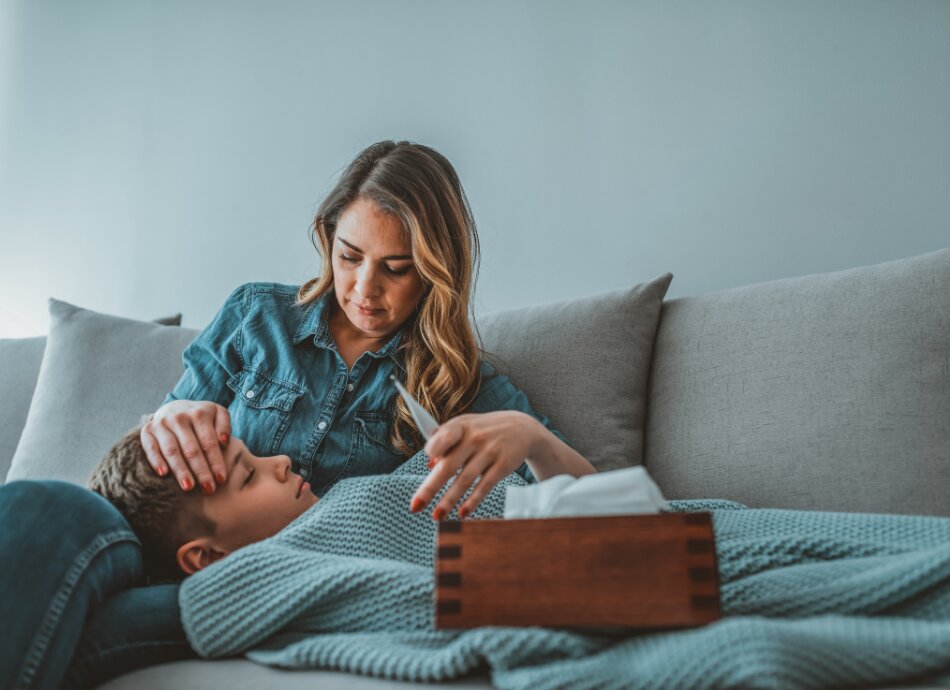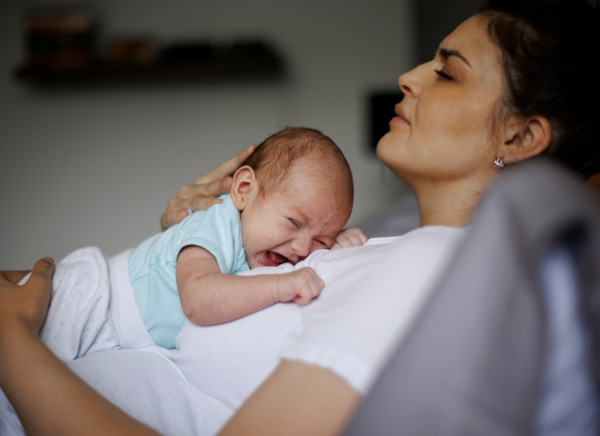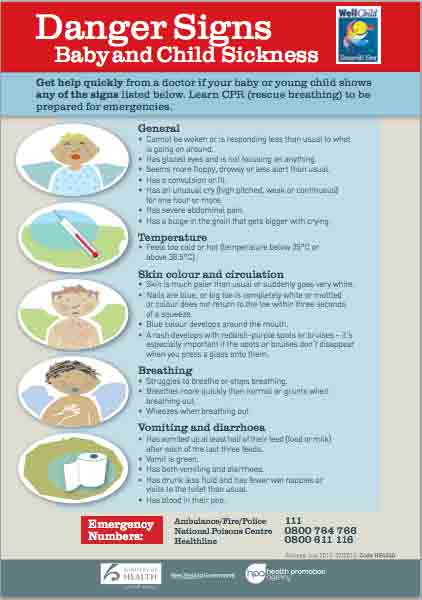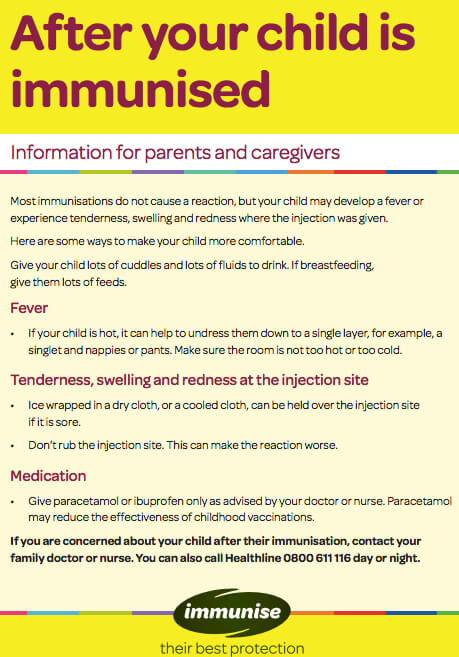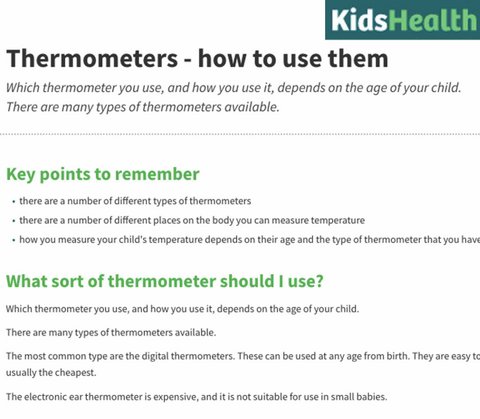Fever is a normal way for a child to fight an infection
- Normal temperature – your child's normal body temperature is about 37 degrees Celsius (37o C).
- A fever – your child has a fever if their temperature is 38 degrees Celsius (38o C) or higher.
- A high fever – this usually means more than 38.5 degrees Celsius (38.5o C).
What the number on the thermometer can't tell you
Fever by itself doesn't tell you whether your child is seriously sick.
If your child is miserable and seems unwell, and feels hot, you can use a thermometer to take their temperature. You don't need to do this if your child seems well.
The number on the thermometer can't tell you:
- what's causing the fever
- how sick your child is.
Check how to use thermometers.


